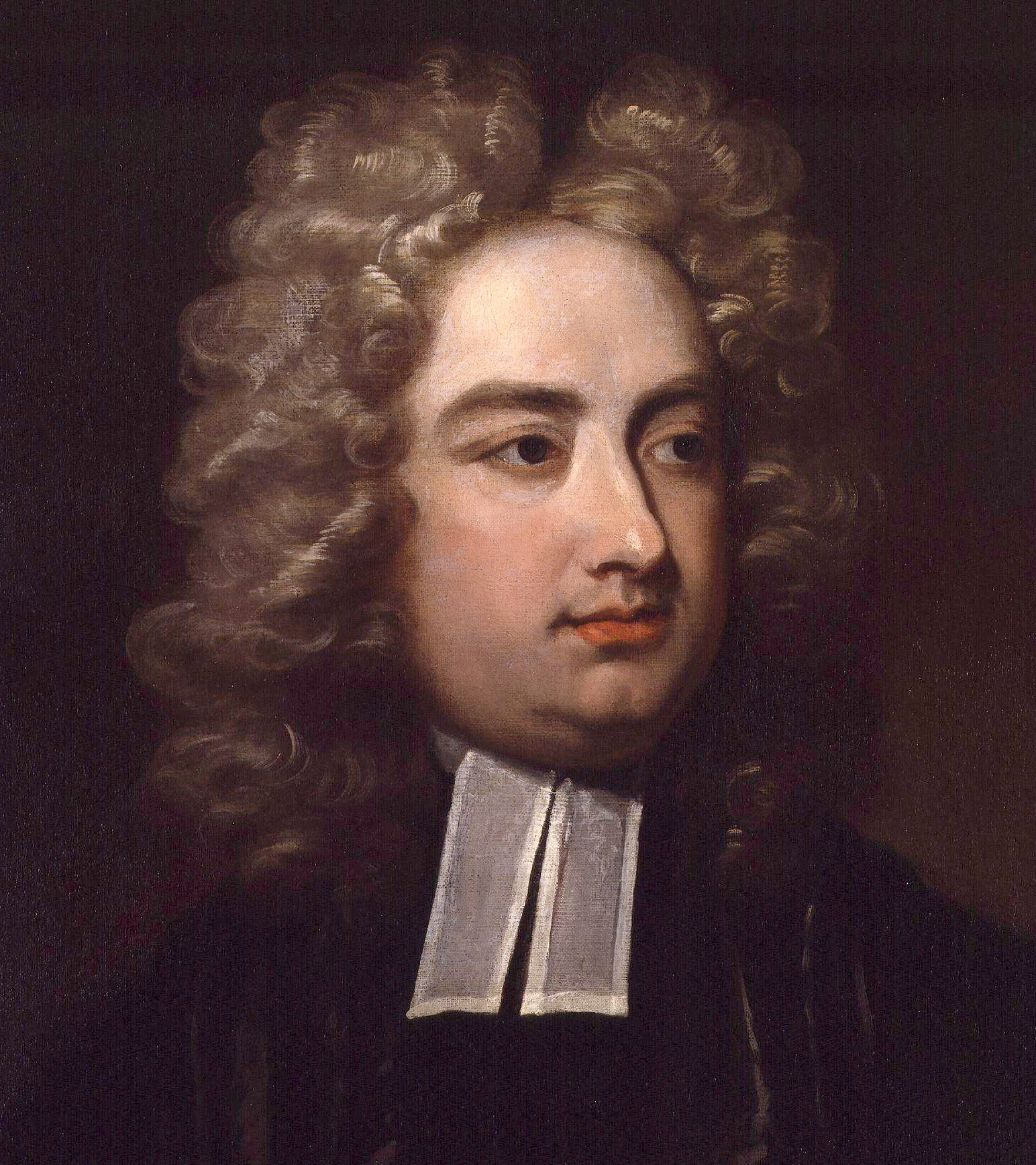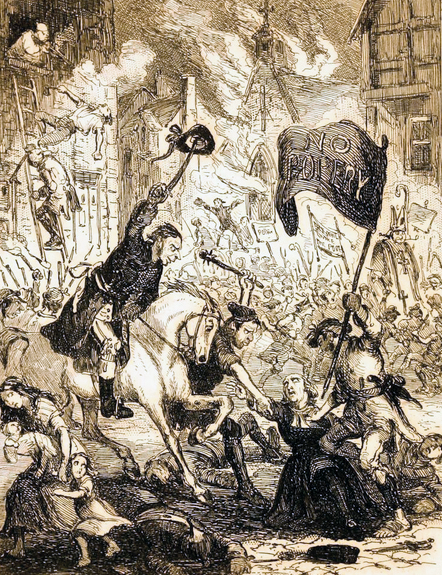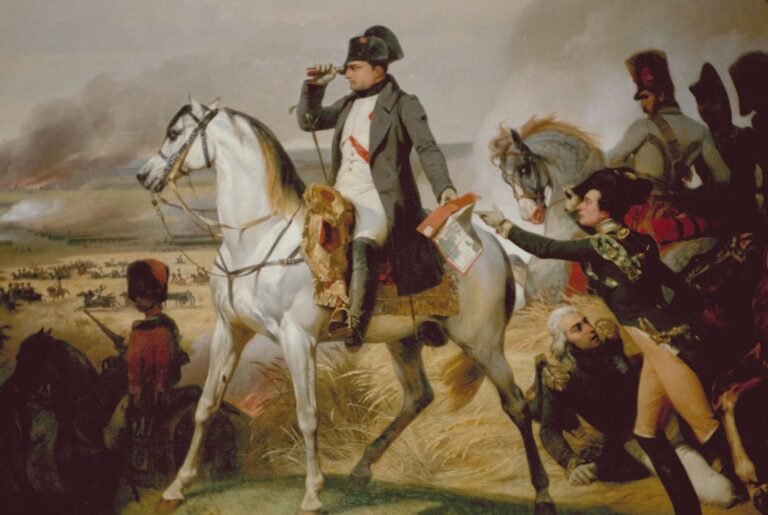Jonathan Swift is a name known to many literature lovers. An influential writer, he left a lasting impact.
Born in 1667, Jonathan Swift became a significant figure in literature. Best known for his satirical works, he created masterpieces that still resonate today. His sharp wit and keen insight into human nature made his writing stand out. Swift’s most famous work, “Gulliver’s Travels,” continues to captivate readers worldwide.
Beyond his novels, he contributed essays and pamphlets that shaped political and social thought. Understanding his life and works offers a glimpse into the mind of one of history’s greatest satirists. Whether you’re a student or a literature enthusiast, exploring Swift’s legacy is both enriching and enlightening. Join us as we delve into the world of Jonathan Swift.
Early Life And Education
Jonathan Swift, the famed author of “Gulliver’s Travels,” had an interesting early life. Born in Dublin, Ireland, his childhood and education played a huge role in shaping his future. His experiences in Dublin and Trinity College influenced his writings and career.
Childhood In Dublin
Jonathan Swift was born on November 30, 1667. His parents were English immigrants. Swift’s father passed away before he was born. His mother returned to England, leaving him in the care of his uncle. Young Swift grew up in Dublin, a city rich in history and culture. This vibrant environment likely fueled his imagination and creative talents.
Studies At Trinity College
Swift began his studies at Trinity College in Dublin at age 14. He was a diligent student but not without troubles. He often clashed with his peers and teachers. Despite these challenges, he graduated with a Bachelor of Arts degree in 1686. His time at Trinity College laid the foundation for his literary career. Here, he developed a love for reading and writing. This period of his life was crucial for his intellectual growth.

Credit: en.wikipedia.org
Political And Religious Influences
Jonathan Swift, a prominent figure in literature, was deeply influenced by the political and religious turmoil of his time. His works often reflect his views on these issues, shaping his legacy as a writer and thinker.
Tory Affiliation
Swift was a devoted Tory, which significantly influenced his writings. The Tories opposed the Whigs, who were in power. This political stance is evident in his satirical works. Swift’s writings often criticized the Whigs’ policies. His affiliation gave him a platform to voice his opinions.
Swift’s Tory affiliation helped him secure influential positions. It allowed him to write for Tory publications. His most famous work, “Gulliver’s Travels,” contains subtle political commentary. Through satire, Swift expressed his political beliefs. He used humor to critique the government’s actions.
Role In The Church
Swift had a significant role in the Church of Ireland. He was an ordained priest and later became the Dean of St. Patrick’s Cathedral in Dublin. This position gave him a strong platform. Swift’s religious role deeply influenced his writings.
He often addressed religious issues in his works. Swift’s sermons and pamphlets reflected his beliefs. He defended the Anglican Church against its critics. His role in the church allowed him to influence public opinion. Swift’s religious writings showcased his commitment to his faith.
Swift’s political and religious influences are evident in his works. He used his platform to address important issues of his time. His legacy as a writer and thinker remains strong.
Major Works
Jonathan Swift, an Irish writer, and satirist, is best known for his major works. His writings have left a lasting impact on literature. Swift’s unique style and sharp wit are evident in his most famous books. Let’s explore two of his standout works: “Gulliver’s Travels” and “A Modest Proposal”.
Gulliver’s Travels
“Gulliver’s Travels” is a satirical novel published in 1726. The book follows Lemuel Gulliver on his adventures to strange lands. Each voyage reveals a new society, each with its quirks and flaws. Swift uses these travels to critique human nature and society. The book remains popular for its humor and imaginative storytelling. Readers of all ages enjoy its timeless appeal.
A Modest Proposal
“A Modest Proposal” is a powerful pamphlet written in 1729. In it, Swift suggests a shocking solution to poverty in Ireland. He proposes that the poor sell their children as food. This dark satire aims to highlight the dire state of the poor and the indifference of the rich. The proposal is absurd, yet it forces readers to confront harsh truths. Swift’s use of irony and sarcasm makes this work unforgettable.
Satirical Style
Jonathan Swift, a genius of his time, mastered the art of satire. He used wit and humor to deliver powerful messages. His satirical style often masked deeper critiques of society. Swift’s works made readers think critically while being entertained.
Use Of Irony
Swift’s use of irony was brilliant. He often said the opposite of what he meant. This made readers question the true meaning. In “A Modest Proposal,” he suggested eating babies. The irony was clear. He didn’t mean it literally. He wanted to highlight the dire state of the poor. His irony was sharp and effective.
Critique Of Society
Swift didn’t shy away from criticizing society. He used satire to point out flaws. In “Gulliver’s Travels,” he showed the absurdity of human nature. The Lilliputians’ petty conflicts mirrored real-world issues. Swift’s critique was both humorous and thought-provoking. He targeted corruption, greed, and ignorance. His works remain relevant today.
Impact On Literature
Jonathan Swift left an indelible mark on literature. His works resonate through ages. His wit, satire, and keen observation changed how people view literature. Swift’s influence extends beyond his era, shaping the literary world as we know it.
Influence On Contemporaries
Swift’s contemporaries admired his sharp wit and satire. Writers like Alexander Pope and John Gay drew inspiration from him. They often collaborated, sharing ideas and styles. Swift’s work encouraged them to be bold and critical. His influence is evident in their satires and poetic works.
| Writer | Influence |
|---|---|
| Alexander Pope | Adopted Swift’s satirical style in his poetry. |
| John Gay | Emulated Swift’s wit in his plays. |
Legacy In Modern Satire
Swift’s legacy lives on in modern satire. Many writers follow his footsteps. His work, “Gulliver’s Travels,” is a prime example. It blends adventure with sharp social criticism. Today’s satirists look up to Swift for inspiration.
- Political Satire: Swift used satire to comment on politics. Modern writers do the same.
- Social Criticism: He critiqued society’s flaws. Today’s satirists continue this tradition.
- Wit and Humor: Swift’s humor remains unmatched. Modern satirists strive to emulate his style.
Swift’s impact is undeniable. His influence permeates through contemporary literature. Future generations will continue to learn from his works.
Personal Struggles
Jonathan Swift, the renowned author of “Gulliver’s Travels,” faced many personal struggles. These struggles shaped his life and influenced his writings. Understanding these challenges provides deeper insight into his works.
Health Issues
Swift suffered from debilitating health issues throughout his life. He experienced severe vertigo and hearing loss. Modern doctors believe he had Meniere’s disease. His condition caused frequent dizziness and nausea. This affected his ability to work consistently. Swift often wrote about his suffering, adding depth to his characters.
Relationships And Solitude
Relationships were a complex part of Swift’s life. He had a close but complicated relationship with Esther Johnson, also known as Stella. Some believe they were secretly married. Despite this closeness, Swift often felt profound solitude. He struggled to form lasting friendships. His solitary nature is evident in his writings. Characters often reflect his feelings of isolation and longing for companionship.
Later Years
The later years of Jonathan Swift were marked by significant changes. These years saw a decline in his health and the creation of some of his final works. Swift’s impact on literature remains strong, even during his final years.
Decline In Health
Jonathan Swift’s health began to decline in his later years. He suffered from Meniere’s disease, a condition affecting the inner ear. This led to severe dizziness and hearing loss.
Swift also experienced periods of depression. This greatly affected his ability to write. Despite these challenges, he continued to work on his literary projects.
Swift’s mental health also deteriorated over time. He showed signs of dementia. This condition made it difficult for him to communicate effectively.
Despite his declining health, Swift’s legacy continued to grow. His friends and admirers supported him during these difficult times.
Final Works
During his later years, Swift produced some of his most memorable works. One of these works was “A Modest Proposal”. It was published in 1729 and is still widely read today. This satirical essay addressed the issue of poverty in Ireland.
Swift also wrote “Verses on the Death of Dr. Swift”. This piece offered a reflection on his own mortality. It provided insight into his thoughts and feelings during his later years.
Another significant work from this period is “Gulliver’s Travels”. Although published earlier in 1726, it gained renewed interest in his later years. This satirical novel remains one of Swift’s most famous works.
Swift’s final works showcased his enduring talent. They highlighted his ability to address social issues through satire. Even in his later years, Swift’s writing continued to captivate readers.

Credit: www.newstatesman.com
Legacy And Recognition
Jonathan Swift, an Irish author, and satirist left an indelible mark on literature. His works, especially “Gulliver’s Travels,” remain relevant today. Swift’s legacy extends beyond his lifetime. His influence on culture and literature is undeniable.
Posthumous Fame
Jonathan Swift’s fame grew after his death. His works were studied in schools. Scholars analyzed his writings. They admired his wit and satire. “Gulliver’s Travels” became a classic. It was translated into many languages. The book appealed to readers of all ages. Swift’s name became synonymous with satire. His other works, like “A Modest Proposal,” also gained recognition. They showcased his sharp mind and keen observations.
Swift In Popular Culture
Swift’s influence reached popular culture. “Gulliver’s Travels” inspired films and TV shows. Animated adaptations entertained children. Movies brought his characters to life. Swift’s ideas appeared in modern books. Authors referenced his satirical style. His impact on literature remained strong. Swift’s themes of human folly and corruption resonated. Modern writers drew from his work. Swift continued to inspire creativity and critical thought.
FAQs
Who Was Jonathan Swift?
Jonathan Swift was an Anglo-Irish satirist, essayist, and author. He is best known for “Gulliver’s Travels. “
What Is “Gulliver’s Travels” About?
“Gulliver’s Travels” is a satirical novel that explores human nature through the adventures of Lemuel Gulliver.
When Was Jonathan Swift Born?
Jonathan Swift was born on November 30, 1667, in Dublin, Ireland.
What Other Books Did Jonathan Swift Write?
Besides “Gulliver’s Travels,” Swift wrote “A Modest Proposal” and “A Tale of a Tub. “
Conclusion
Jonathan Swift’s work remains relevant and inspiring. His satire challenges readers to think critically. Swift’s unique style captivates audiences even today. His legacy endures through his influential writings. Exploring Swift’s work enriches our understanding of literature. Dive into his books to discover timeless wisdom.
Let Swift’s words provoke thought and reflection. His contributions to literature are truly invaluable.








